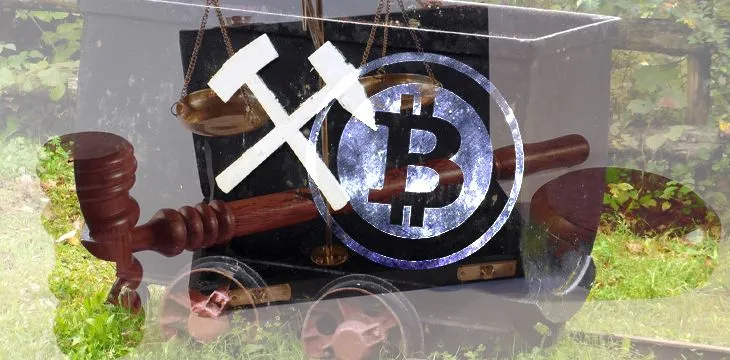|
Getting your Trinity Audio player ready...
|
This week, Iranian Vice President Eshaq Jahangiri announced an official government decree designed to tighten its control over the growing block reward mining industry and stamp out illegal operators.
According to the directive, all block reward miners have to register their identity with the Ministry of Industry, Mines, and Trade. Miners must also disclose the number and type of equipment used to mine digital currencies. Officials gave miners one month to comply with the new order.
The ministry will then publish a list of sanctioned mining facilities that block reward miners must use if they intend to operate within the country. Block reward miners may apply for an activity license, and all licensed mining centers must register the delivery receipt on their system.
The order did not specify the penalties for failing to comply with the new measures.
Iran embraced the digital currencies mining industry in part to offset the potential economic turmoil from U.S. sanctions put in place by the Trump administration. In 2018, Iran’s President Hassan Rouhani allegedly even flirted with the idea to launch a national digital currency. According to Bitcoin Mining Map, Iran already has roughly a 3.5% share of BTC’s total hash rate.
That Iran is a top market for BTC mining should come as no surprise. An industry report last January said Iran had issued over 1,000 block reward mining licenses. Many of which have gone to China mining operators flooding in searching for even cheaper electricity prices inside the energy-rich nation where electrical costs are state-subsidized.
In May, news outlet Arzdigital reported that Rouhani told officials from the Central Bank of Iran (CBI) the country needs to devise a new scheme that welcomes digital currency miners. Around this time, officials issued a license to Turkish-based company Iminer, which saw the block reward miner spend $7.3 million settings up a facility set to house 6,000 mining rigs.
Iran’s regulatory framework has been a source of confusion because of conflicting mining policies, tariffs, and laws leaving many operating illegally or in a grey area. Iranian policymakers said the new directive published this week endeavors to “eliminate the confusion of” activities related to mining digital currencies.
For those that refuse to comply with the order, officials are still offering cash rewards for reporting illegal digital currency mining activities that impact the national power grid. While the country has discovered its love for mining digital currencies, usage of digital currency as a medium of exchange and trading of digital currencies remain prohibited inside Iran.

 07-09-2025
07-09-2025 





